Can You Legally Live off the Grid?
Yes, it is possible to legally live off the grid in some states in us. However, the laws and regulations vary from state to state, and it’s important to do thorough research before making the decision to go off the grid.
Living off the grid means living without public utilities such as water, electricity, and sewer systems.
This lifestyle has become increasingly popular in recent years due to the desire for self-sustainability and the benefits of living a simpler life.
In this article, we will explore the legality of living off the grid and what it entails. Also You can say that living off grid rules.
We will also look at the pros and cons of this lifestyle and provide some tips for those considering making the switch.

Credit: www.wikihow.com
Legal Considerations For Living Off The Grid
Living off the grid is an attractive lifestyle choice for many. However, before you decide to pack up and head into the wild, there are a few legal considerations you must keep in mind. Here, we outline everything you need to know about the laws related to off-grid living.
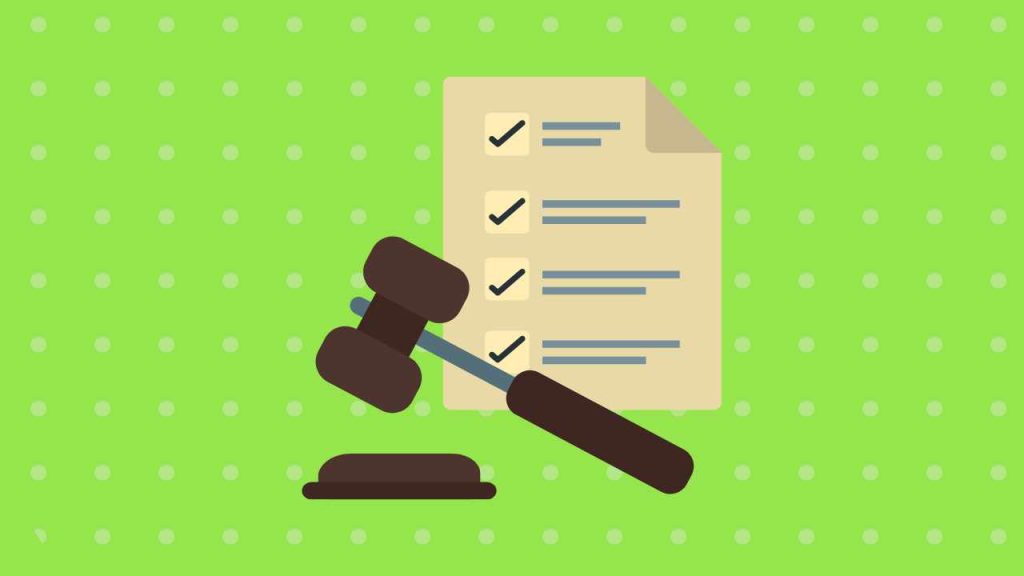
Overview Of Legal Considerations When Living Off The Grid
Living off the grid is not necessarily against the law, but there are some legal requirements and considerations you need to keep in mind if you are planning to make that move. It is important to remember that every state and local government has its own set of laws regarding off-grid living.
Here are some key points:
Land-Use Laws
Most states require a minimum amount of land to build a home, and building codes and zoning laws may apply. Also, many government land management agencies prohibit living permanently on government-owned lands.
Water Usage And Waste Disposal
When you live off the grid, you will need to find a regular source of clean water and devise a way to dispose of human waste. This means that you will need to meet certain minimum sanitation standards and obtain permits for septic or gray-water systems.
Electricity And Energy
If you are planning on generating electricity from solar, wind, or other off-grid sources, you may not be able to tie your power source into the grid. Many states, for instance, require that only licensed electricians install solar or wind turbine systems.
You may also need permits for building and using generators.
Property Taxes
You may think living off the grid means no more property taxes, but you would be wrong. Most states require off-gridders to pay property taxes, even on property you own outright. Property tax laws, however, vary from state to state.
So, check with your local tax assessor’s office before making any decisions.
Living off the grid is not necessarily illegal. However, you must be aware of all the legal considerations, requirements, and permits needed to ensure that you stay on the right side of the law. Make sure you do your homework, research local laws and regulations, and consult with experts before making any final decisions.
Building Codes And Permits For Living Off The Grid
Overview Of Building Codes And Permits For Off-Grid Living
Living off the grid is an increasingly popular option for those seeking self-sufficiency. It involves living independently without relying on public utilities, such as water, electricity, and gas. To achieve this lifestyle, you may need to build alternative structures, such as solar panels or wells, which may require permits and comply with building codes.
In this section, we will provide an overview of building codes and permits for off-grid living.
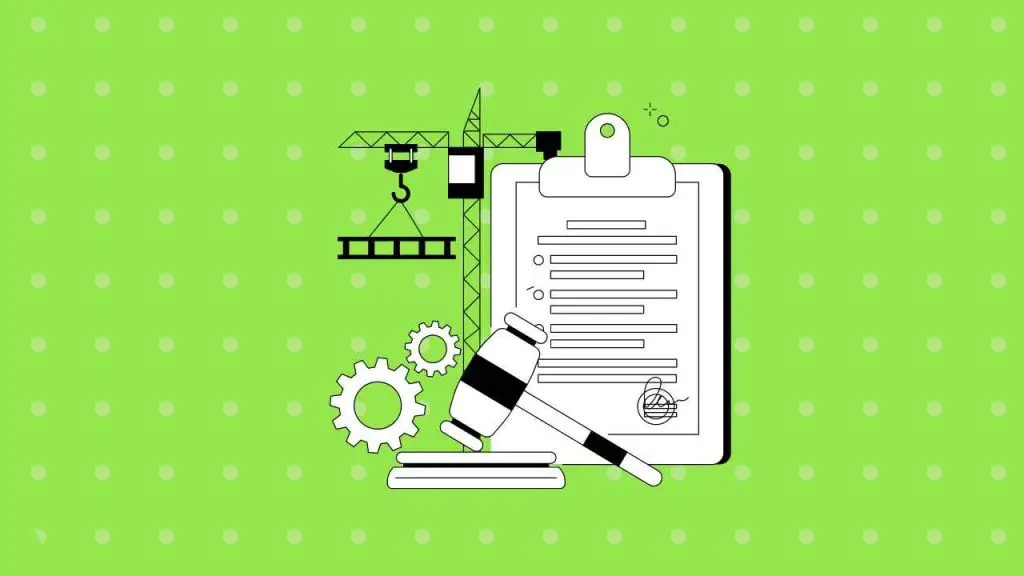
Explanation Of Relevant Building Codes And Permit Requirements
Building codes and permit requirements vary from state to state, city to city, and even from county to county. However, most jurisdictions require the following permits:
- Building permits: These are mandatory for all new constructions.
- Electrical permits: These are required for the installation or modification of any electrical system.
- Plumbing permits: These are required for the installation or modification of any plumbing system.
- Septic permits: These are mandatory for any construction that involves the installation or modification of a septic system.
- Zoning permits: These are relevant for any activity that changes the land-use, such as building a structure on a rural property.
Discussion On How To Obtain Building Permits For Alternative Structures
Obtaining building permits for alternative structures, such as solar panels, rainwater harvesting systems, or composting toilets, can be a challenging process. Some jurisdictions may not have building codes that apply to these structures, while others may have strict regulations.
To overcome the difficulty of obtaining permits for alternative structures, follow these steps:
- Research local codes and permit requirements: Before starting any construction, research the local building codes and permit requirements. This will help you understand what permits you need and what limitations are present in your area.
- Review alternative building codes: Some jurisdictions may have developed alternative codes, specifically designed for those seeking permits for structures used for off-grid living.
- Hire a professional: If you find yourself struggling to navigate the permitting process, consider hiring a professional. They can help you obtain the necessary permits and ensure compliance with regulations.
- Document all work: Keep track of all the work you do and obtain permits for every step of the construction process. This will help you prove compliance with local regulations if questions arise.
While living off the grid can be an exciting and fulfilling lifestyle, you must adhere to building codes and permit requirements. Understanding the permitting process and following the appropriate regulations will help ensure a successful and legal off-grid living experience.
Zoning Regulations For Living Off The Grid
Overview Of Zoning Regulations For Off-Grid Living
When it comes to living off the grid, it’s essential to navigate local zoning regulations correctly. These regulations determine whether you can legally live off the grid in a specific area.
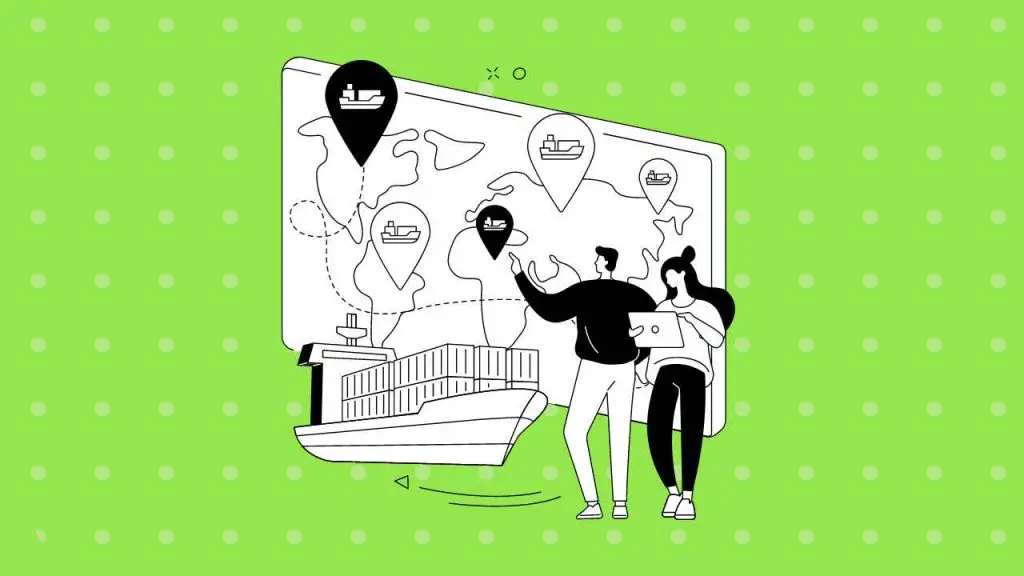
Here’s what you need to know about zoning regulations for off-grid living:
- Zoning laws vary by state and local area, so it’s crucial to research the regulations in your particular location.
- Most zoning regulations impact whether you can have a livable structure on your property, including whether you can have a well, septic system, and solar panels.
- Regulations also determine whether you can use your property for residential purposes and the number of people who can live in your home.
Explanation Of The Importance Of Zoning Regulations
Zoning regulations affect people who want to live off the grid because they can determine what you can and cannot do with your property.
Here are some reasons why zoning regulations are important for off-grid living:
- Determine whether you can build a structure on your property for residential purposes.
- Ensure that you have access to utilities such as water and electricity.
- Determine the type of sewage system you can use.
- Protect the environment by ensuring homes are not built in protected environmental areas.
Discussion On How Zoning Regulations Can Affect Living Off The Grid
Zoning regulations can significantly impact your ability to live off the grid. Many regulations require homes to meet specific standards to be considered legally habitable.
Here are some ways that zoning regulations can affect living off the grid:
- Many regulations require that homes have access to water, utilities, and a septic system. This requirement can be problematic for those looking to live off-grid, as it may not be feasible to have traditional access to these amenities.
- Zoning regulations may limit the size or number of structures that can be built on a property. If you cannot build additional structures, it may hamper your ability to live off the grid in a self-sufficient manner.
- Many regulations may limit the number of people who can live on your property, making it challenging for larger families or groups of people choosing to live off the grid.
While it is possible to live off the grid, it’s crucial to navigate zoning regulations in your area to ensure compliance with the law. Understanding the importance of zoning regulations and how they can impact living off the grid is critical to building a successful off-grid home.
Property Rights For Living Off The Grid
Living off the grid is an enticing lifestyle for many Americans. However, the big question remains, can you legally live off the grid? The answer is not as simple as a “yes” or “no. ” It mainly depends on the state’s laws in which you plan to reside.
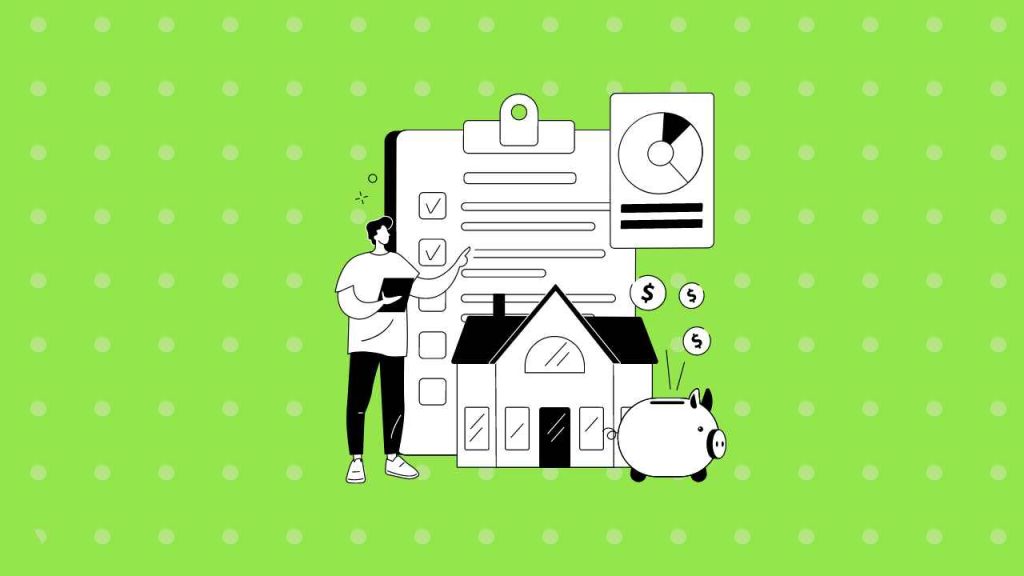
Additionally, it is crucial to understand property rights for off-grid living to live comfortably without any legal disputes. This blog post will discuss the property rights for living off-grid, the relevant property laws, and how to maintain property rights when living off the grid.
Overview Of Property Rights For Off-Grid Living
Living off the grid means being completely self-reliant. This includes generating your electricity, collecting water, and disposing of waste. Therefore, to live entirely off the grid, you require an adequate amount of land. Property rights for living off the grid permit you to build and establish a homestead without any disruptions.
Explanation Of Relevant Property Rights Laws
Various laws govern the property rights for living off the grid. Some states in the united states have specific laws for off-grid living, such as texas, while others have none. Below are laws that are relevant to off-grid living:
- Zoning laws: These laws regulate how land is used, including where residential and commercial buildings are situated. However, these laws vary from state to state and can be different within the same state.
- Building codes: These codes regulate building materials, design, and safety standards.
- Easement laws: Easements grant a non-owner a specific right to use another person’s property.
- Homesteading laws: These laws permit you to gain property rights by living on or working on someone’s land without paying rent.
Discussion On How To Obtain And Maintain Property Rights When Living Off The Grid
Obtaining and maintaining property rights when living off the grid can be challenging. Below are some tips to help you:
- Research the state and local laws: It is essential to understand the relevant laws and regulations that govern property rights in your state and locality.
- File for permits and zoning variances: Before building your off-grid home, you must obtain permits and zoning variances from your local government.
- Consider buying land that already has infrastructure: Look for land with pre-existing infrastructure or consider purchasing land that already has a home on it.
- Establish ownership: It is crucial to establish proof of ownership of the property. You can do this through a title search or deed.
- Pay taxes: Paying taxes on the property is essential. Failure to do so can result in legal disputes.
Obtaining and maintaining property rights is critical when living off the grid. Understanding the relevant laws and regulations, filing for permits and zoning variances, considering buying land with infrastructure, establishing ownership, and paying taxes are the keys to success. Always ensure you know the applicable rules and regulations for off-grid living before settling in any state.
Health And Safety Regulations For Living Off The Grid
Overview Of Health And Safety Regulations For Off-Grid Living
Living off the grid may seem like an ideal lifestyle choice, but it is essential to keep health and safety regulations in mind. While it may be tempting to ignore rules, these regulations help protect you and the environment. In this section, we will provide an overview of the health and safety regulations in place for off-grid living.
Explanation Of Relevant Health And Safety Regulations
Various health and safety regulations apply to off-grid living, including building codes, sanitation requirements, and fire safety regulations. Here are some of the critical regulations that you need to keep in mind:
- Building codes: Building codes vary depending on your location, but they generally cover structural integrity, electrical wiring, and plumbing. Contact your local authorities to find out the specific building codes you need to follow.
- Sanitation requirements: Even if you plan to live off the grid, you still need to dispose of waste safely. Make sure you have a septic system or composting toilet in place to avoid polluting the environment or risking contamination of your drinking water.
- Fire safety regulations: Living off the grid often involves using wood stoves for heat. It is essential to follow fire safety regulations to reduce the risk of fires. Have a fire extinguisher and smoke detector in place, and ensure the stove is installed correctly.
Discussion On How To Comply With Health And Safety Regulations When Living Off The Grid
Complying with health and safety regulations when living off the grid can be a challenge, but it’s essential to ensure the safety of yourself and those around you. Here’s how you can comply with health and safety regulations when living off the grid:
- Know the regulations: Research the health and safety regulations that apply to you and follow them closely. Contact local authorities to clarify if there are any uncertainties.
- Properly dispose of waste: Implement a safe and hygienic system for disposing of waste, including sewage and greywater. It may include digging a pit or installing a composting toilet.
- Build a safe, secure dwelling: Ensure your dwelling is structurally sound and safe. Follow building codes to prevent risks that could result in severe injury or death.
- Maintain fire safety: Install a smoke detector and fire extinguisher and ensure your stove is installed correctly. Make sure you have a safe way to heat and light your home, in case of power outages.
Living off the grid can be an enjoyable lifestyle, but it comes with specific health and safety regulations that you must follow. Understanding the relevant regulations, properly disposing of waste, and building safe and fire-resistant structures are critical steps you must take to maintain a safe living environment.
Frequently Asked Questions For Can You Legally Live Off The Grid?
Can You Legally Live Off The Grid?
Yes, it is legal to live off-grid in many countries, including the united states and Canada. However, each state or province has its own laws and regulations when it comes to living off-grid, so it is important to do your research before making the decision.
Can You Still Have Electricity If You Live Off The Grid?
Yes, it is possible to have electricity if you live off-grid. You can generate your own power through solar panels or wind turbines, or you can use a generator powered by propane or natural gas.
Is It Expensive To Live Off The Grid?
The cost of living off the grid can vary, depending on where you are located and the type of lifestyle you want to lead. The initial investment can be expensive, but over time you can save money on utilities and other expenses.
What Are The Benefits Of Living Off The Grid?
Living off the grid can provide many benefits, such as increased self-sufficiency, reduced carbon footprint, lower living expenses, and a closer connection to nature. It can also offer more privacy and freedom from government regulations.
How Do You Prepare To Live Off The Grid?
Preparing to live off the grid involves researching your local regulations, deciding on a location, and creating a plan for generating power, water, and food. It is also important to develop skills such as construction, gardening, and basic survival skills.
Conclusion
Living off the grid is a lifestyle that appeals to many people for various reasons. Be it a desire to reduce carbon footprint, minimize expenses, or escape the stress of modern life, living off-grid has its benefits. However, it is crucial to know the legalities of this lifestyle in your area before you decide to venture off the grid.
While some states and countries offer supportive legislation, others have strict regulations that prohibit living off-grid. Familiarizing oneself with the laws, permits, and zoning regulations is paramount to avoiding legal issues. It is also essential to understand that living off-grid requires a specific set of skills, discipline, and mindset, and it is not for everyone.
Ultimately, living off-grid can be a fulfilling and sustainable way of life, but excellent planning, research, and legal compliance are critical to making it a comfortable and successful lifestyle choice.
Can You Legally Live off the Grid or not I hope you got everything after reading this article.

“My name is Leo Jacob, and I hold a Bachelor of Science degree with Honors in Applied Environmental Science and Sustainability from the University of the West of Scotland. Since childhood, I’ve been passionate about living an eco-friendly life. After completing my studies, I dedicated myself to finding simple ways to lead a more environmentally conscious lifestyle. I launched ecolifely.com to share my educational background and practical experiences with everyone, hoping to inspire others to join me in creating a greener, more sustainable world.”

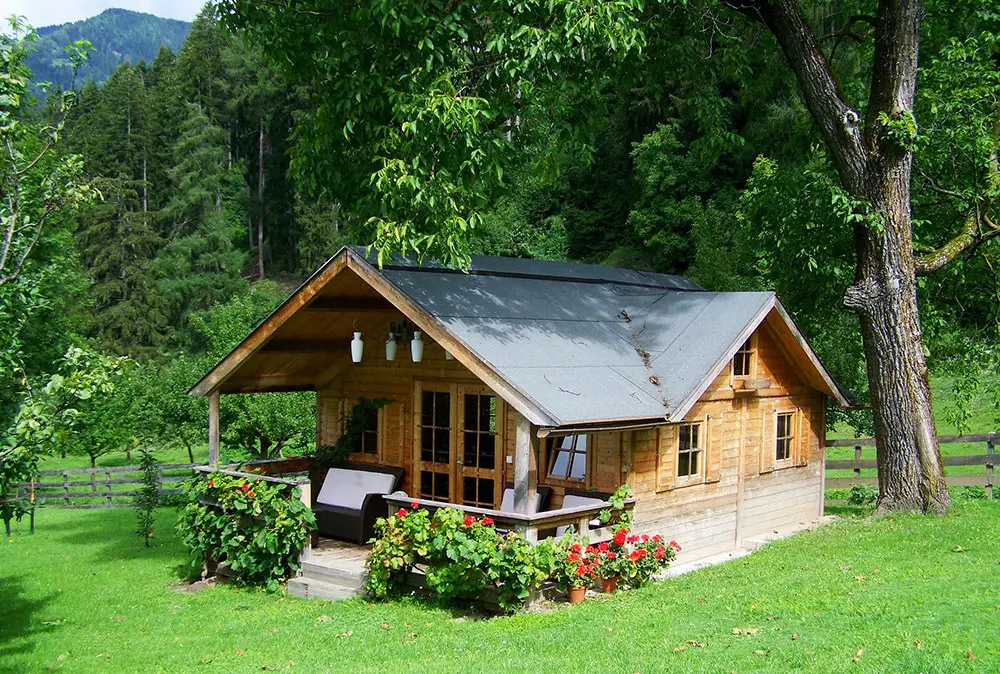




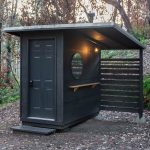
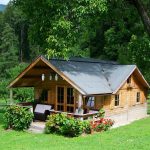


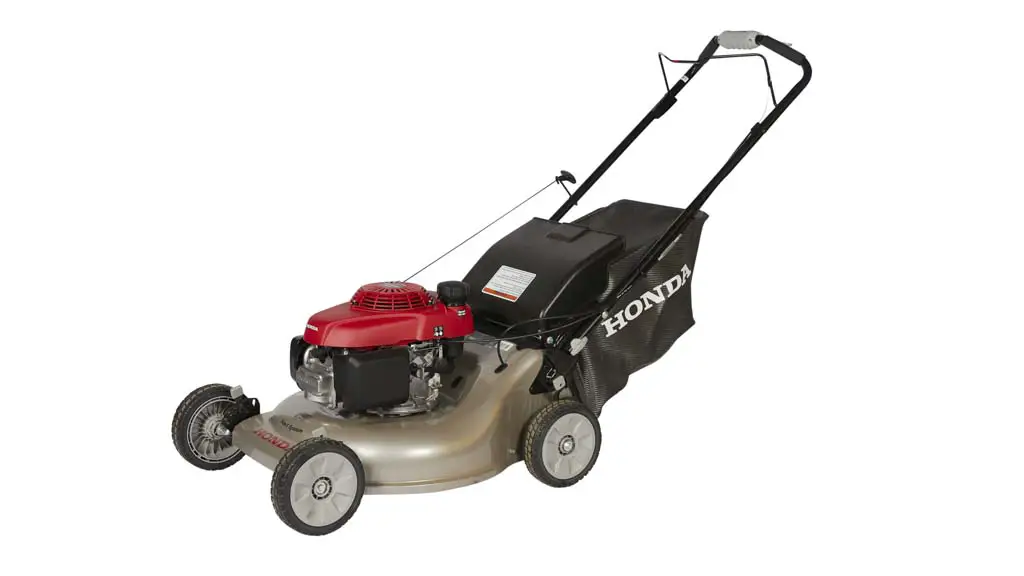


Leave a Reply